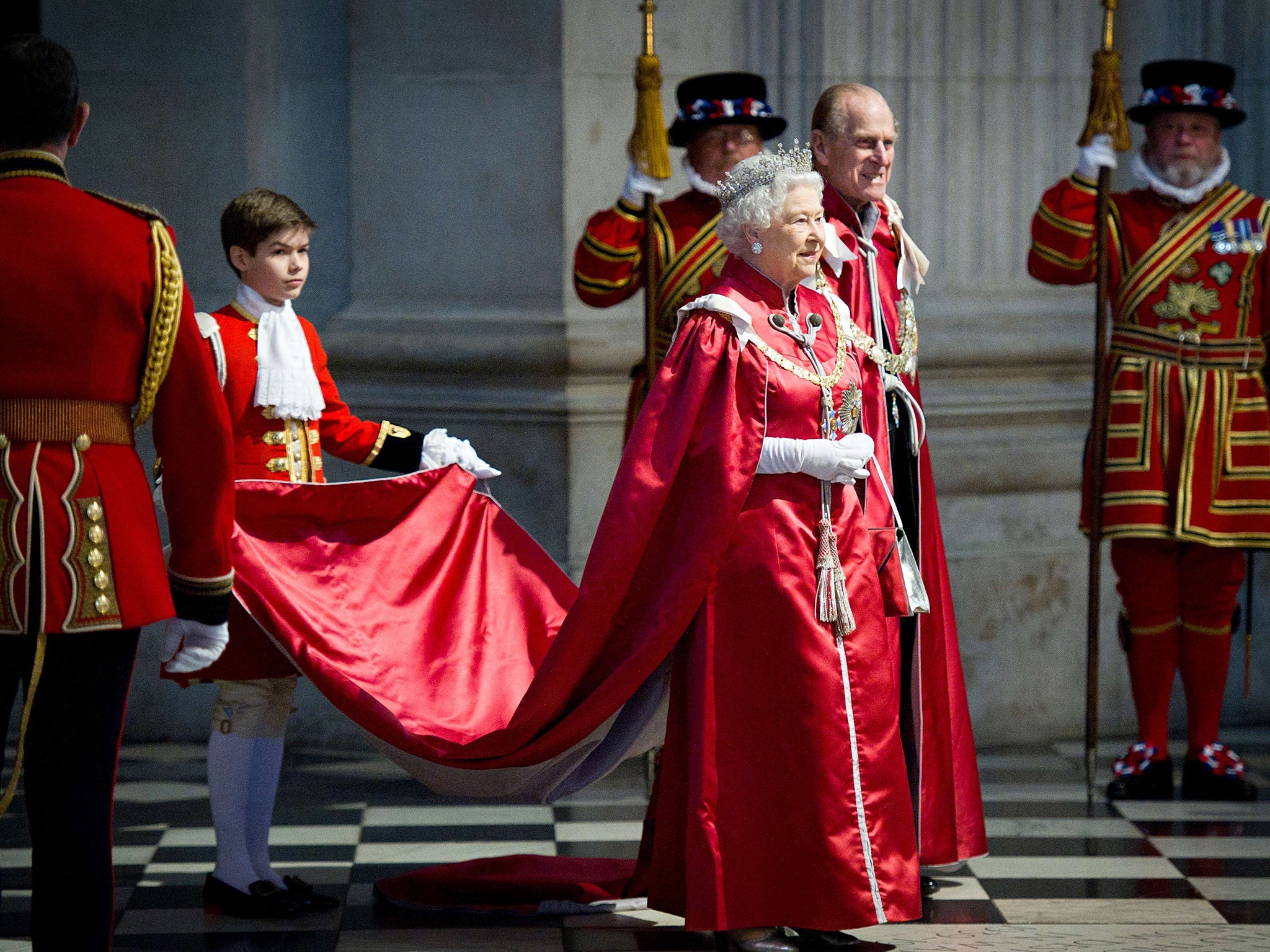So Brits are proud of colonialism? Clearly they need some lessons about the reality of the British Empire
“I am fundamentally in favour of empire," said the man appointed to rewrite the English curriculum in 2010

Your support helps us to tell the story
From reproductive rights to climate change to Big Tech, The Independent is on the ground when the story is developing. Whether it's investigating the financials of Elon Musk's pro-Trump PAC or producing our latest documentary, 'The A Word', which shines a light on the American women fighting for reproductive rights, we know how important it is to parse out the facts from the messaging.
At such a critical moment in US history, we need reporters on the ground. Your donation allows us to keep sending journalists to speak to both sides of the story.
The Independent is trusted by Americans across the entire political spectrum. And unlike many other quality news outlets, we choose not to lock Americans out of our reporting and analysis with paywalls. We believe quality journalism should be available to everyone, paid for by those who can afford it.
Your support makes all the difference.In a YouGov poll this week, 44 per cent of the UK public said they were proud of Britain’s history of colonialism. Though the results may come as a surprise to some, it is not surprising when in our schools we are often only taught about the glories of colonialism and the supposed benefits of the British Empire.
Outside the confines of the school walls, denial of colonialism is widespread. It was in 2010 that the Conservative government appealed to the pro-empire historian Niall Ferguson to rewrite the curriculum for English schools. Bearing in mind that Ferguson had defended colonialism – “I am fundamentally in favour of empire. Indeed, I believe the empire is more necessary in the 21st century than ever before,” he has been quoted as saying in the past - allowing him to write up our history in multicultural Britain was a controversial move, to say the least.
The brutality of colonialism still fails to make it into a lot of UK history textbooks. Missing are the Boer concentration camps where 170,000 people suffered in overcrowded camps and thousands had lost their lives; the Amritsar Massacre where thousands of protestors were killed within 10 minutes; the partitioning of India where over 10 million Hindus and Muslims were forced to leave their homes and millions lost their lives as a result; the Mau Mau uprising where thousands of Kenyans were tortured, raped and burned alive; the millions who lost their lives in the 1943 Bengal Famine; or the famine in India which resulted in the deaths of between 12 and 29 million people who starved to death under British colonial rule.
Why is it that, all too often, we only learn about these atrocities after our school education?
The lacuna in our curriculum is perfectly in context when we look at how similar histories are taught in nearby countries with a colonial past. In 2005 a French law was passed which required teachers to only teach the “positive accounts” of colonialism. Though such law is non-existent in the UK, this echoes the fact that those who were involved in colonialism have not acknowledged and recognised their own brutal past – even centuries after many of the worst atrocities happened.
Many students and professors have called out the Eurocentric, white-washed curriculum of UK schools and universities. Movements such as ‘Why is my curriculum white?’ question the existence of a historical narrative reflective only of western perspectives. Again and again, we were taught that colonialism civilised backward nations, and when slavery is discussed in lessons the emphasis is heavily placed on the US. When Benjamin Zephaniah was appointed an officer of the order of the British Empire, he memorably said, "I get angry when I hear the word "empire”… It is because of this concept of empire that my British education led me to believe that the history of black people started with slavery and that we were born slaves…”
Due to the failure of the education system, there appears to be a lack of understanding of the atrocities carried out by the British Empire and some people even associate ‘Britishness’ with supporting the Empire. Those from ex-colonies then find it difficult to criticise the Empire, and fear that fellow peers may question their loyalty to Britain.
It’s time for people to realise the difference - and this starts with our governments. More needs to be done, even if it means rewriting the textbooks. It’s time that our children knew exactly what Britain was responsible for, however unpleasant that may be.
Join our commenting forum
Join thought-provoking conversations, follow other Independent readers and see their replies
Comments